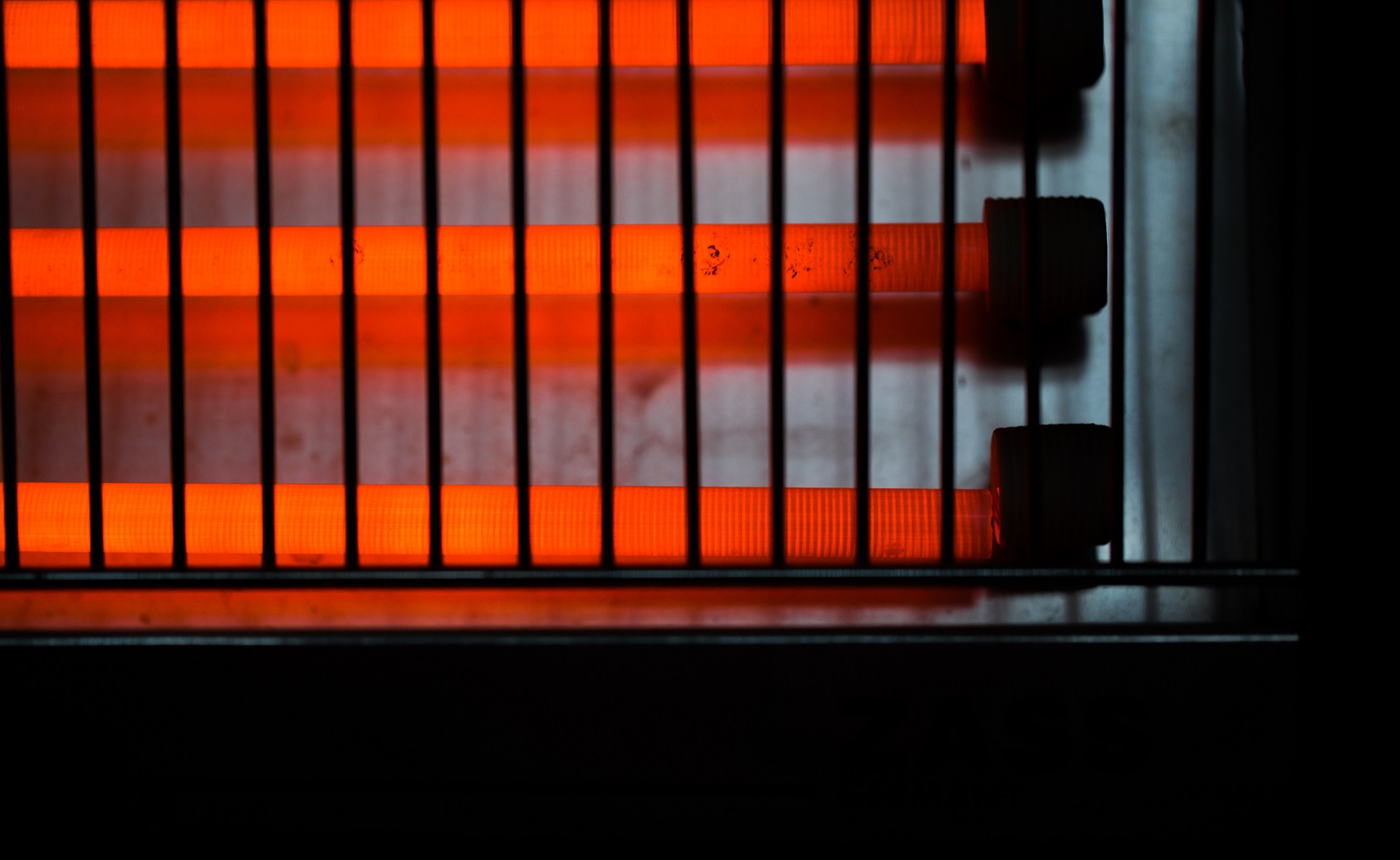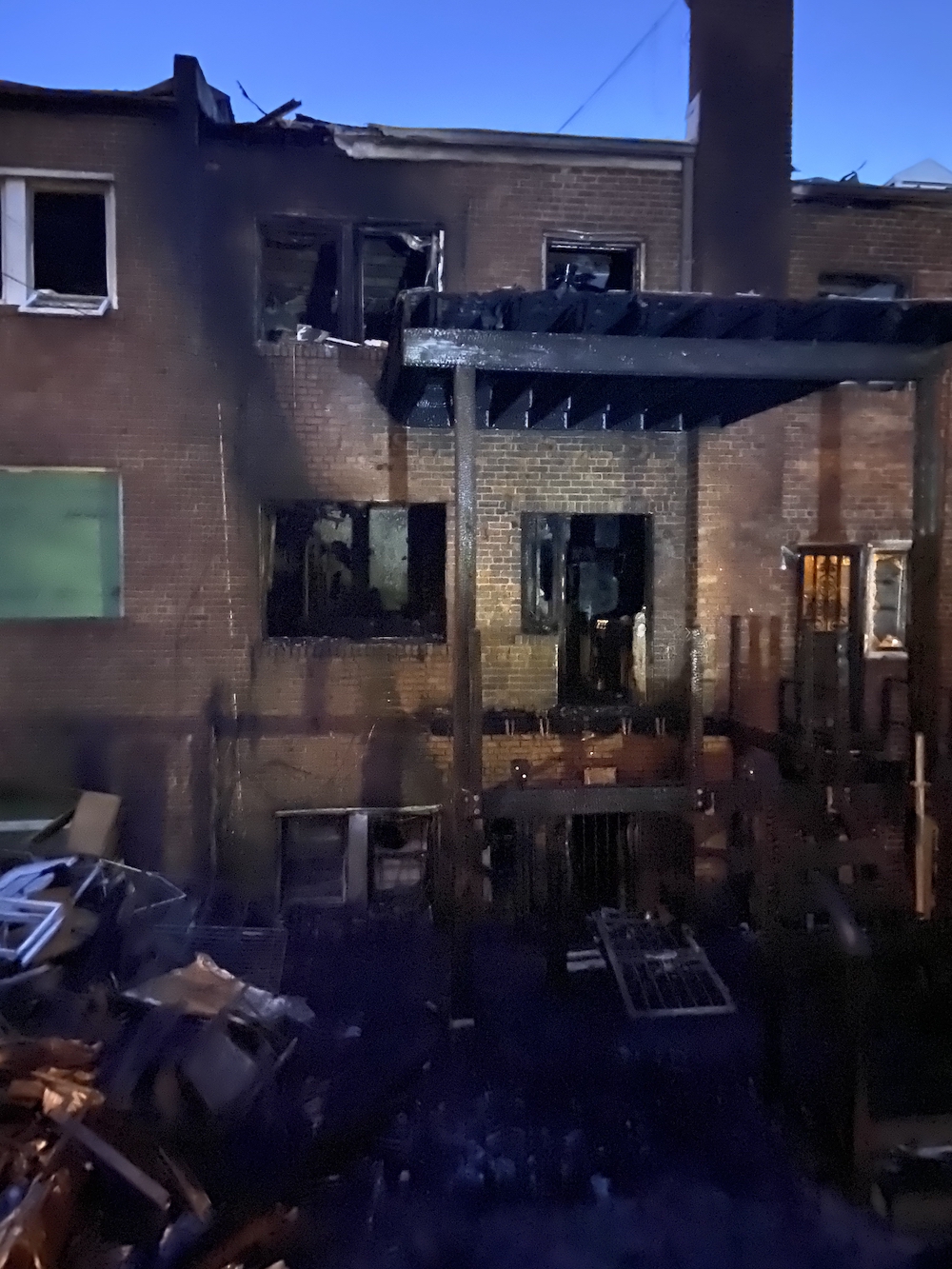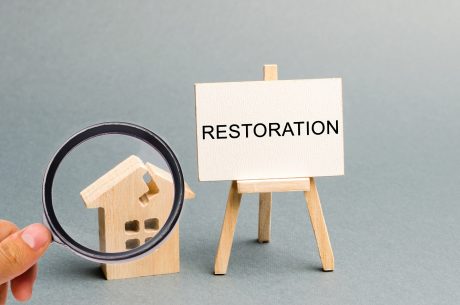THE SITUATION:
As outdoor temperatures drop and people across the nation take measures to keep themselves and their loved ones warm this winter, fire incidents involving heating equipment are expected to rise. According to a National Fire Protection Association (NFPA) report, heating equipment is a leading cause of home fires, and nearly half of all home fires occur in December, January and February.
Some Facts:
- Space heaters, whether portable or stationary, accounted for more than 20,000 of the 62,200 reported home heating fires and three-fourths (73%) of the 670 home heating fire deaths in 2005.
- Heating equipment too close to things that can burn, such as upholstered furniture, clothing, mattress, or bedding, is by far the leading factor contributing to home heating fires (27%) and home heating fire deaths (53%).
THE PROBLEM:
Even though electric space heaters do not have an open flame, the heating elements of some types of electric heaters are hot enough to ignite nearby combustibles like draperies, paper, clothing, furniture, and flammable liquids. It is, therefore, important to check surrounding objects periodically to see if they feel hot. Refer to the manufacturer’s instructions to see how far the heater should be placed from combustible materials, and for how far the heater should be placed from the floor so that carpeting or flooring materials don’t ignite.
THE SOLUTION:
It is timely to consider some of the safety issues involved in the appropriate use of space heaters in homes. The U.S. Consumer Product Safety Commission (CPSC) recommends the following when selecting an electric heater:
- Look for one that is listed with a nationally-recognized testing laboratory. These heaters have been tested to meet specific safety standards, and manufacturers are required to provide important use and care information to the consumer.
- Purchase a heater with a guard around the heating element. A wire grill or other protection is essential to keep fingers or fabrics from touching the hot element. Portable electric heaters that heat by circulating oil or water, however, usually have lower surface temperatures and may not need guards.
- Before using the heater, read and follow the instructions for its operation and maintenance.
- If you must use an extension cord, make sure it is a heavy duty cord marked with a #14 gauge or larger wire (#12 guage is larger than #14 gauge). An incorrectly-sized cord may, itself, create a fire hazard. If the heater’s plug has a grounding prong, use only a grounding (three-wire) extension cord.
- Never run the heater’s cord (or any cord) under rugs or carpeting.
- Do not leave the heater operating unattended or operating while sleeping. Portable electric air heaters are designed for use only as temporary supplemental heating and only while attended.
To prevent electrical shocks and electrocutions, always keep portable electric heaters away from water, and never touch an electric heater if you are wet.
BASIC SAFETY TIPS:
- Do not use an electric heater as a dryer by placing clothing over it, and never use a heater to thaw pipes.
- Keep the heater in safe, working condition. Replace missing guards and controls at once. Never operate a defective heater.
- Do not place the heater where children might play near it, or where people might trip over or bump into it.
- Place the heater on a level surface for stability.
- Keep children and pets away from space heaters. Some heaters have very hot surfaces. Children should not be permitted to either adjust the controls or move the heater.
- Regardless of the type of heating system you have, install and maintain at least one smoke detector that is in good, working condition on each floor of your home.
WHO TO CALL:
In the event that an incident does occur, it is important to call PuroClean, a professional restoration company that recognizes the many safety issues involving both property and quality of life issues when dealing with smoke/soot contamination. Every fire event produces thousands of Products of Incomplete Combustion (PIC) which are established carcinogens. All restoration activities need to be performed by trained and certified technicians to ensure the highest quality of service and the restoration of all property and contents to a pre-disaster condition. For assistance regarding all property damage restoration (fire/smoke, water, mold, biohazard), be sure to call on the Paramedics of Property Damage, PuroClean, for professional assistance.




 PuroClean of Alexandria
PuroClean of Alexandria